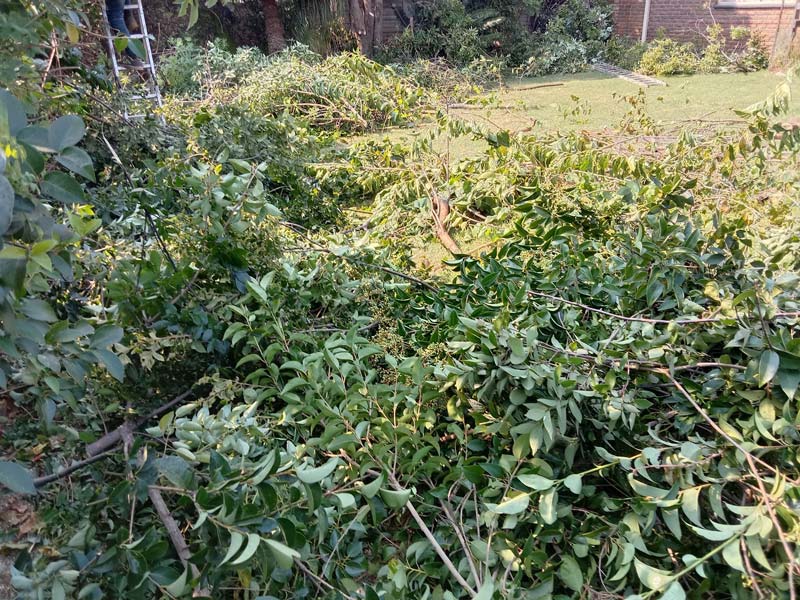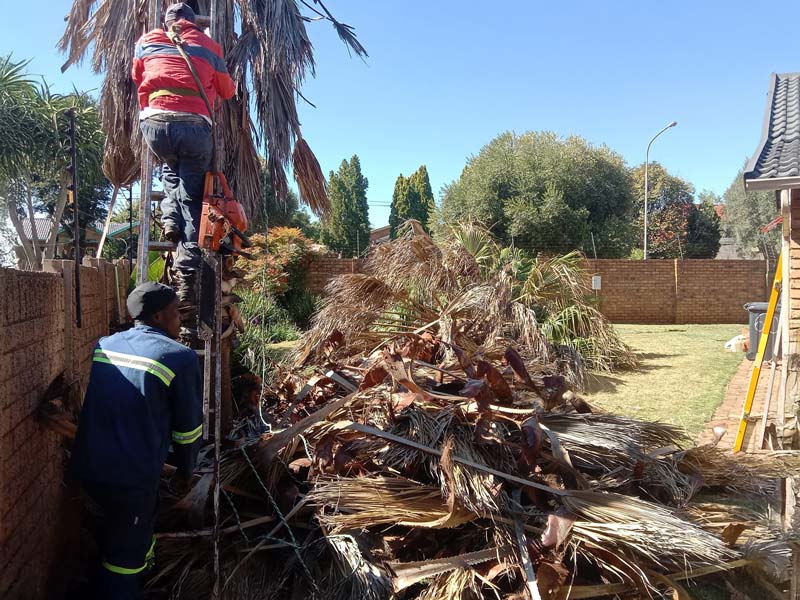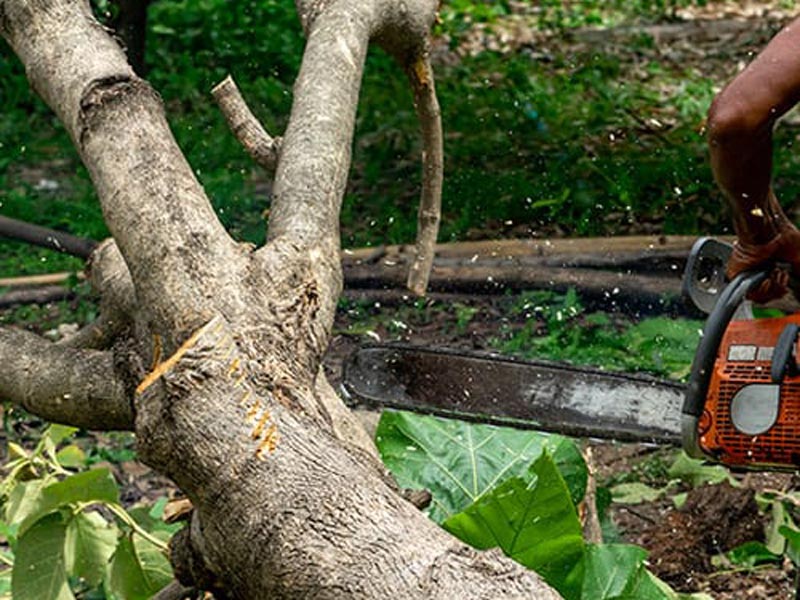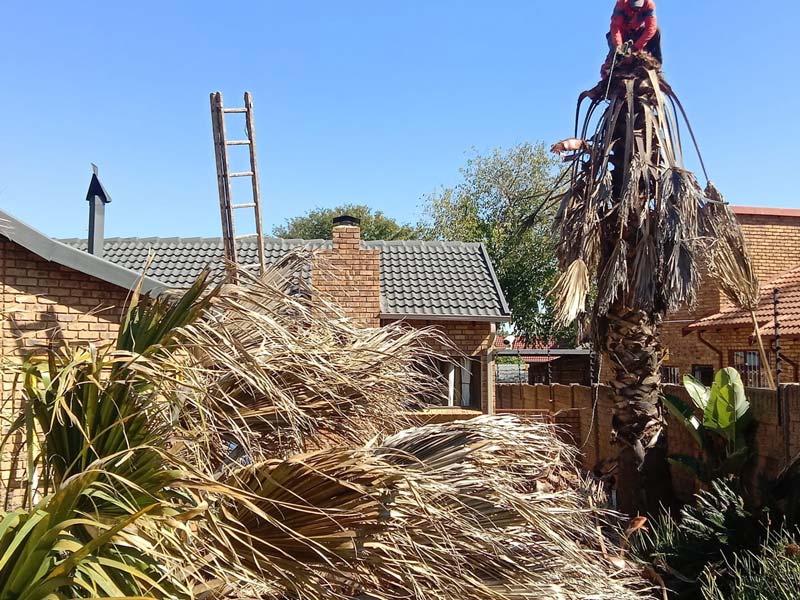Common beginner mistakes in Pretoria East gardens often stem from inadequate planning, poor soil preparation, and improper plant selection. Many new gardeners neglect the need for thorough garden layouts, leading to inefficient plant spacing and functionality. Moreover, a lack of comprehension about soil testing can hinder plant growth. Incorrect irrigation practices, such as improper watering methods, can stress plants. By addressing these areas systematically, one can improve garden vitality. Further knowledge on successful gardening practices can be found ahead.
Lack of Proper Garden Planning
When starting on a gardening project, beginners often overlook the importance of thorough garden planning, which can lead to a range of issues that affect both aesthetic appeal and functionality. Proper garden layout requires accurate measurements and a comprehension of design feasibility. Without detailed drawn plans, visualisation of plant spacing and functional elements suffers. Planning is essential to maximise property utility, integrating seasonal aesthetics to enhance the garden’s visual appeal throughout the year. Moreover, aligning planting plans with environmental conditions prevents problems caused by improper sunlight or drainage. Regular garden maintenance, such as routine care tasks like mowing and weeding, should also be considered during the planning phase to ensure a sustainable garden. To guarantee a successful garden, prioritise these planning aspects for both beauty and functionality.
Poor Soil Understanding and Preparation
Poor soil comprehension and preparation can greatly hinder the success of any garden in Pretoria East. Soil testing is essential, as it provides useful information into pH levels and nutrient availability, enabling gardeners to make informed amendments for improved plant health. Furthermore, most vegetables require full sun for optimal growth, making it crucial to consider the garden’s location when preparing the soil.
Soil Testing Importance
How can gardeners guarantee that their plants thrive in ideal conditions? Soil testing plays an essential role in achieving this goal.
By performing soil nutrient analysis, gardeners identify critical nutrient availability and deficiencies that directly impact plant growth. Furthermore, pH testing is important, as the best range of 6.5 to 7 guarantees nutrient accessibility.
Testing prevents over-fertilisation and wastage while guiding precise fertiliser application. Regular soil analysis improves customised nutrient management, protecting both plant health and the environment.
Ultimately, comprehending soil conditions leads to healthier plants, improved yields, and a more sustainable gardening experience for everyone involved.
Amendments for Soil Health
Many gardeners encounter challenges when amending soil due to misinterpretations regarding soil composition and appropriate preparation techniques.
Effective soil amendments, particularly organic matter, play an essential role in enhancing garden health. Pretoria East’s clay-heavy soils can benefit from the incorporation of aged manure or compost, which alleviates compaction, promotes moisture retention, and nurtures beneficial microbes.
Regular application of these organic materials, ideally during soil preparation, is vital for nutrient replenishment and cultivating a balanced ecosystem.
Comprehending these principles can enable gardeners to create lively, thriving environments, fundamentally leading to a more sustainable gardening experience and enhancing the local community.
Incorrect Plant Selection for Pretoria East Climate
Selecting the right plants for gardens in Pretoria East is crucial for long-term success and aesthetic appeal. Many beginners mistakenly choose non-native species ill-suited to the region’s warm subtropical climate.
Plants that thrive in cool or temperate zones often suffer from heat stress, leading to poor growth or death. Instead, prioritising native plant selection and drought-resistant varieties guarantees plants can tolerate the combination of heat and sporadic rainfall.
This approach not only improves the garden’s resilience but also supports local biodiversity. By comprehending the specific climate needs, gardeners can create thriving, beautiful spaces that stand the test of time.
Watering Mistakes and Irrigation Issues
Effective watering is a cornerstone of successful gardening, yet many beginners in Pretoria East encounter significant challenges. Common mistakes include failing to reach deep plant roots and inefficient overhead watering methods. This can lead to prominent overwatering signs, such as fungus growth and stressed plants.
- Implementing direct irrigation solutions like drip systems reduces evaporation loss.
- Regularly checking deeper soil moisture prevents underwatering issues.
- Mulching can improve soil moisture retention, minimising the frequency of watering.
Understanding these techniques helps beginners manage their gardens better while promoting plant health and aesthetic appeal. Proper watering encourages a thriving, sustainable environment for all.
Pest and Disease Management Errors
Comprehending the implications of poor watering practices is just the beginning of maintaining a healthy garden in Pretoria East; pest and disease management also plays a critical role in overall plant wellbeing.
Beginners often misidentify pests, leading to ineffective chemical treatments and potential harm to beneficial insects. Effective pest identification and ongoing monitoring techniques are essential to catch infestations early. Regular inspections and awareness of pest signs can greatly improve control efforts.
Furthermore, maintaining garden hygiene and proper plant spacing further supports healthy growth, reducing vulnerability to pests and diseases. Embracing these practices cultivates a resilient garden community for all.
Neglecting Seasonal Maintenance and Harvesting
Neglecting seasonal maintenance and harvesting can considerably impact the health and productivity of gardens in Pretoria East.
Regular pruning not only guarantees ideal plant structure but also promotes healthy growth, while timely harvesting maximises crop yield and quality. Seasonal preparations, including cleanup and mulching, are vital for creating a resilient garden environment that supports both aesthetics and functionality. Additionally, implementing professional tree pruning can significantly enhance the overall health and safety of your garden’s trees.
Importance of Regular Pruning
Regular pruning plays an essential role in maintaining the health and productivity of garden plants.
By utilising effective pruning techniques, gardeners can improve growth and ensure that plants thrive. Regular interventions prevent stagnation, allowing energy to focus on new blooms and fruits.
- Pruning encourages airflow and light penetration, reducing pest and disease risks.
- Seasonal maintenance promotes structural integrity, preventing breakage during storms.
- A well-pruned garden aesthetic supports biodiversity and scenic beauty.
Additionally, professional tree felling services can enhance garden maintenance by ensuring that larger plants are pruned or removed safely and effectively.
Optimal Harvesting Timing
Comprehending the intricacies of ideal harvesting timing is vital for gardeners in Pretoria East aiming for a successful yield. Optimal harvest periods are brief, and timely adjustments based on crop-specific harvest signals can greatly improve produce quality. Frequent monitoring, preferably early in the day, guarantees peak freshness and flavour retention. Moreover, grasping the local climate’s influence aids in accurate timing.
| Crop Type | Harvest Frequency |
|---|---|
| Summer Squash | Near-daily checks |
| Tomatoes | Weekly inspections |
| Leafy Greens | Every few days |
| Fruits | Night harvesting advised |
Such practices can considerably reduce waste and improve overall satisfaction with the harvest.
Seasonal Garden Preparations
When gardeners in Pretoria East overlook seasonal maintenance and harvesting, they risk both the health of their plants and the potential yield of their gardens.
Key mistakes include improper compost application in autumn, which can delay microbial restoration, and neglecting to monitor soil moisture, leading to dehydration.
Furthermore, pest monitoring becomes essential during warmer months, as overlooking it can result in crop losses.
- Guarantee proper seasonal planting for peak growth.
- Maintain appropriate pruning timing to improve plant resilience.
- Regularly assess soil moisture levels to prevent plant stress.
Implementing these practices improves garden vitality and productivity.







